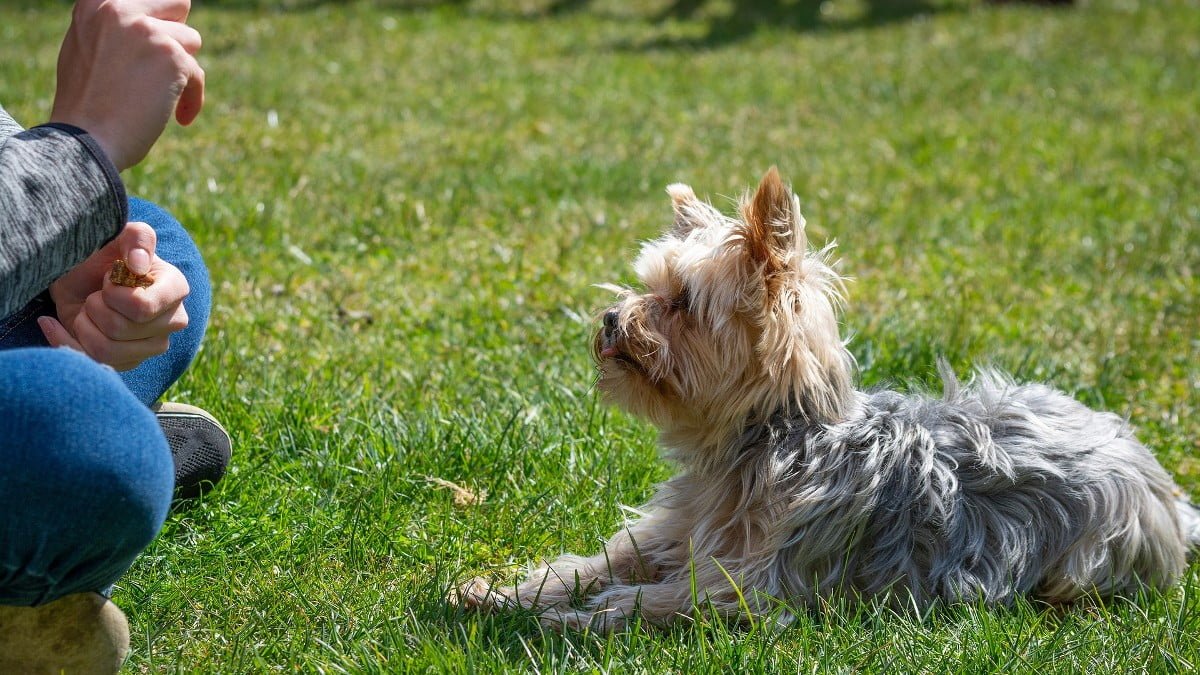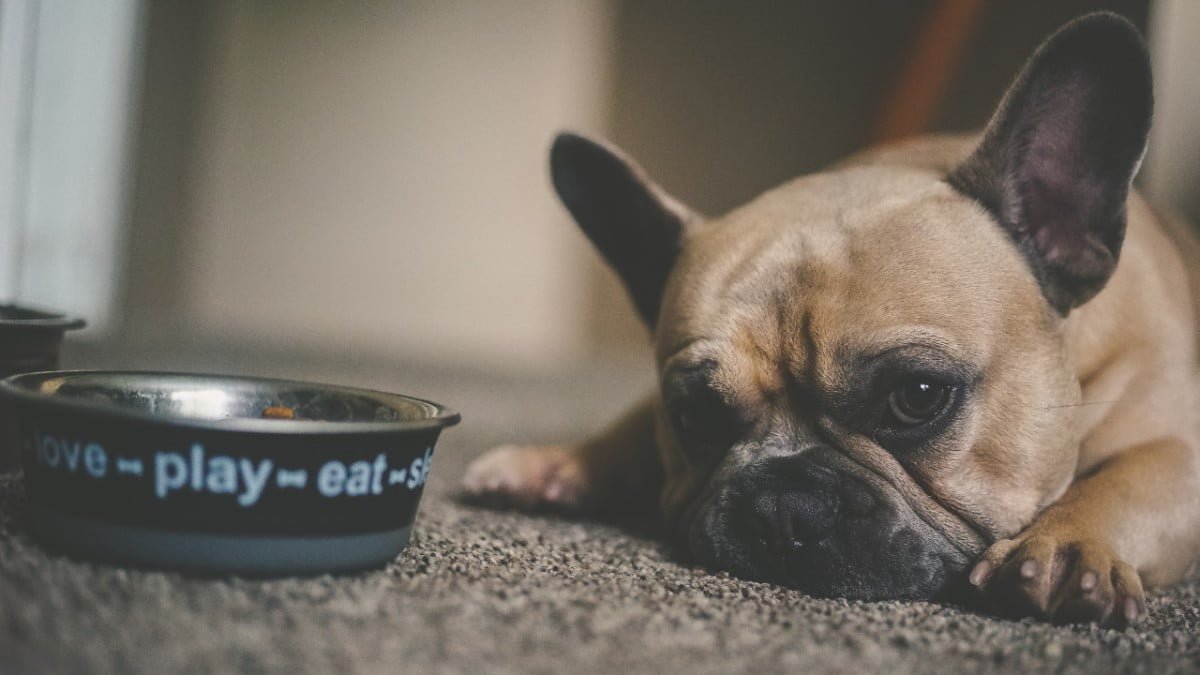
Owners struggle to take dogs to vet
Two thirds of dog owners struggle to take their pet to the vets because they are so stressed by the experience, new research reveals.
A new study of 2,000 dog owners by insurance provider Petplan found that 65% find it difficult preparing for a vet visit due to their animal’s nerves, 25% said their pets have runaway when hearing the word vet, and 30% had put off a visit because it was so stressful.
The study reveals 32% of owners resort to inventing codes and phrases such as ‘a visit to Dr Barker’ or ‘the Dogters’ to reduce anxiety. Others even verbally spell out V-E-T, the research shows.
Other diversionary tactics are pretending they are just going on a routine walk and loading up on treats.
In addition, the poll shows 43% of owners say they too suffer anxiety before a vet visit, with 21% saying it is because they fear hearing bad news.
Petplan’s Bella von Mesterhazy said: “Some dogs can be sensitive to certain words and tones so it’s interesting to see so many pet owners adopting playful code words and phrases to alleviate stress and over excitement.
“We know visiting the vet can be an anxious time for both pets and owners so in addition to avoiding use of this word, it makes sense to try familiarisation techniques for your dog such as ‘pop in’ visits for a treat and a fuss.”
PetPlan has created a list of tips to help make a visit less stressful, including carrying out mock check-ups at home, and taking your pooch to the vet to be made a fuss of when they don’t have an appointment.






2 Comments
Charlotte Kasner, MA, ADipAAB, AdipCBM, AdipFBM, KPA-CTP, ABTC-AT,MISAP
It is essential that dogs are conditioned to cope with vet visits. Ethical, qualified trainers and behaviourists can help with co-operative care routines that not only make dogs (and an other animal) comfortable with vet (and grooming) visits but involve the patient in some level of choice.
Such techniques are used extensively in the zoo environment with great success.
Co-operative care is a win-win for vets, owners and animals. It’s not a magoc wand and like all training, takes some effort. I incorporate it into all my trainign causes as prevention is always better than cure. The more that vets experience it, the more likely they are to understand that co-operative handling is safer and morhe less likelty they are to be injured.
Elle
Thank you for this article! It’s really interesting to find out the findings from this research. Really enjoyed reading it!
https://www.petplan.co.uk/pet-information/dog/advice/pet-communication/